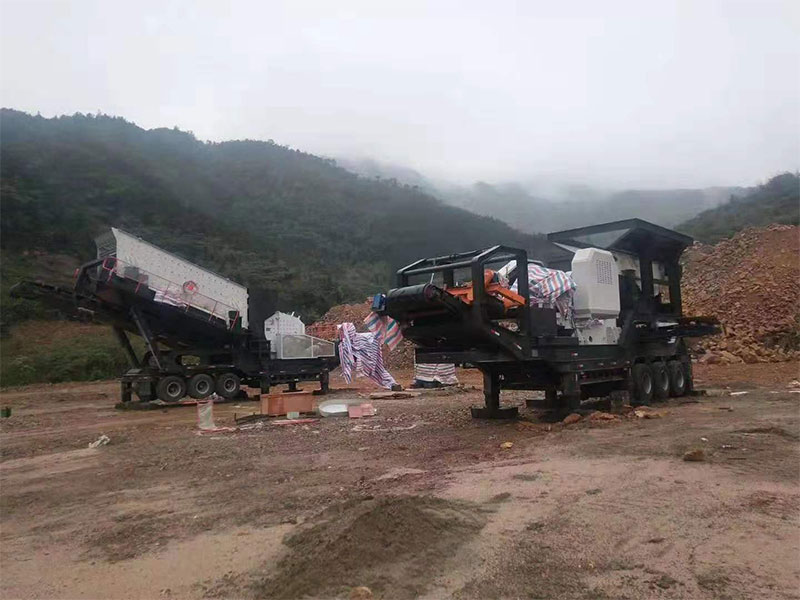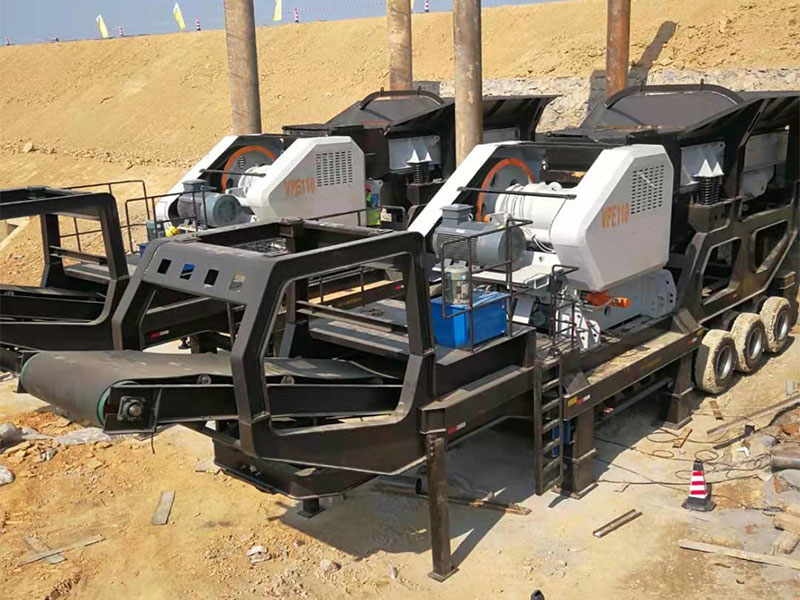A crusher plant is a fundamental component of industries such as mining, construction, and aggregate production, enabling the efficient reduction of raw materials into usable products. Ensuring the smooth and reliable operation of a crusher plant is essential for maximizing productivity, minimizing downtime, and producing high-quality materials.
Regular Inspection and Maintenance
Regular inspection and maintenance are the cornerstones of well-functioning mobile crushing plants. Implementing a structured maintenance schedule ensures that all components are in good condition and potential issues are addressed promptly. Scheduled maintenance tasks should include checking and tightening bolts, lubricating moving parts, and replacing worn-out components. This proactive approach can prevent unexpected breakdowns and extend the lifespan of the equipment.

Proper Lubrication
Lubrication is crucial for reducing friction and wear within the stone crusher plant. Adequate lubrication of bearings, gears, and other moving parts prevents overheating and premature component failure. Different components may require different types of lubricants, so it’s important to follow manufacturer recommendations and guidelines. Regularly monitoring lubrication levels and maintaining appropriate records can help ensure consistent performance.
Dust Control Measures
Dust is a common byproduct of crusher operations and can lead to health hazards for workers, equipment damage, and environmental issues. Implementing effective dust control measures, such as installing dust suppression systems, enclosing conveyors, and providing proper ventilation, is essential for maintaining a safe and productive work environment. Regular cleaning of equipment and work areas also contributes to dust control.
Operator Training and Knowledge
Well-trained operators are essential for the efficient and safe operation of a crusher plant. Comprehensive training should cover equipment operation, safety protocols, troubleshooting, and emergency procedures. Operators should be familiar with the specific features of the crusher plant they are working with and understand how to adjust settings for different materials and production requirements.
Monitoring and Data Analysis
Modern crusher plants are equipped with advanced monitoring and data analysis tools that provide real-time insights into equipment performance. Utilizing these technologies allows operators to detect abnormalities, track production metrics, and identify potential issues before they escalate. Analyzing data can help optimize processes, improve efficiency, and make informed decisions about maintenance and upgrades.

Spare Parts Inventory
Maintaining an organized inventory of critical spare parts is essential for minimizing downtime. When a component fails, having the necessary spare part readily available can expedite repairs and reduce production interruptions. Regularly review and update the spare parts inventory based on usage, equipment age, and manufacturer recommendations.
Alignment and Balancing
Proper alignment and balancing of 300 tph crusher plant components, such as rotors and pulleys, are essential for smooth and efficient operation. Misaligned or unbalanced parts can lead to increased vibrations, reduced throughput, and accelerated wear. Regularly inspect and adjust alignment and balance to ensure consistent performance and extend the life of the equipment.
Emergency Preparedness
Despite meticulous maintenance, unexpected breakdowns can still occur. Developing a comprehensive emergency preparedness plan ensures that the crusher plant’s team is equipped to respond effectively to unforeseen situations. The plan should outline procedures for shutting down equipment, contacting maintenance personnel, and addressing safety concerns during emergencies.
Upgrades and Modernization
As technology evolves, crusher plant operators should consider equipment upgrades and modernization to enhance performance and efficiency. Newer models often come with improved features, energy efficiency, and automation capabilities. Regularly assess the feasibility of upgrading equipment to keep the crusher plant competitive and aligned with industry standards.
Conclusion
A well-maintained aggregate crushing plant is a valuable asset that contributes to the success of various industries. By implementing a comprehensive maintenance strategy that includes regular inspection, proper lubrication, dust control, operator training, data analysis, spare parts management, alignment, emergency preparedness, and equipment upgrades, operators can ensure the plant’s optimal performance and longevity. Investing time and resources in these strategies not only minimizes downtime and repairs but also enhances productivity, safety, and the overall quality of the end products.
